People cannot reliably tell whether a text is produced by a human or a machine — but subconscious neural activity reveals the true identity.


People cannot reliably tell whether a text is produced by a human or a machine — but subconscious neural activity reveals the true identity.
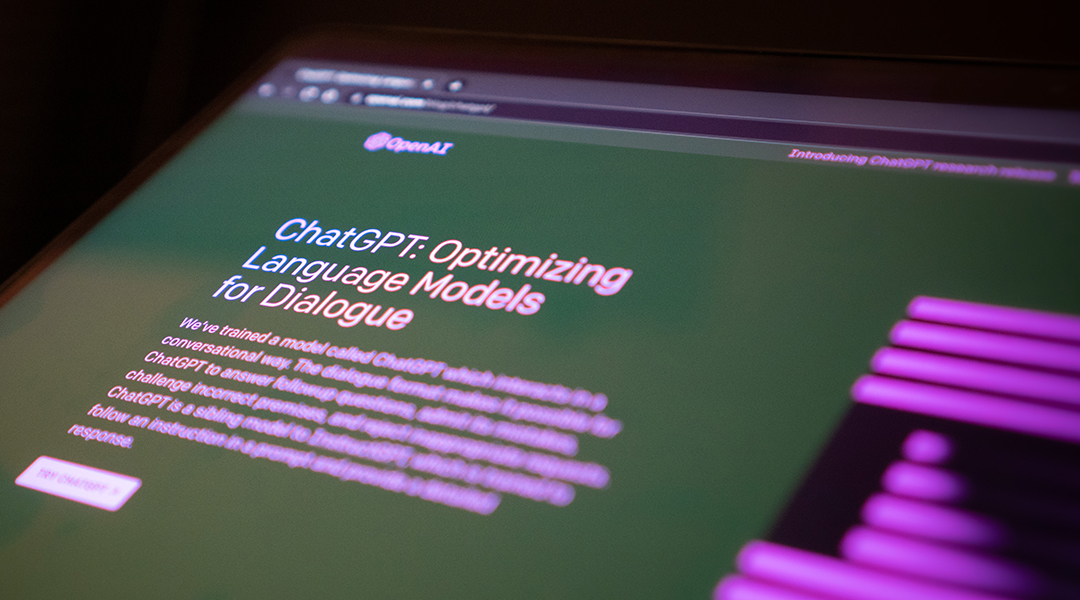
Crediting ChatGPT as an author on scientific papers has sparked debate around the role it should play in the scientific literature.
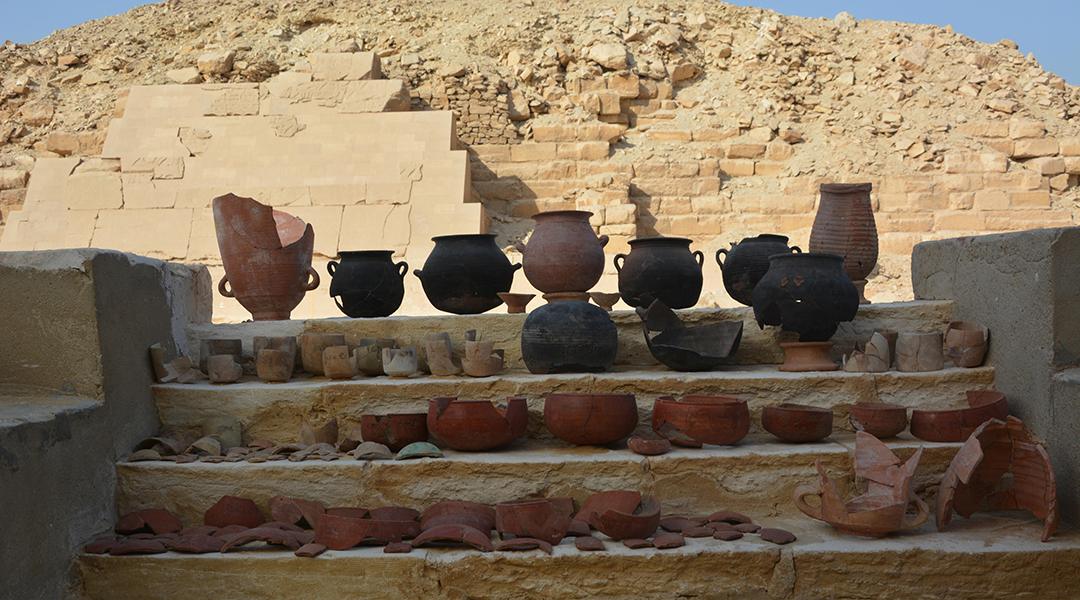
A discovered embalming workshop reveals new details about mummification practices and hints that ancient Egyptians engaged in global trade.
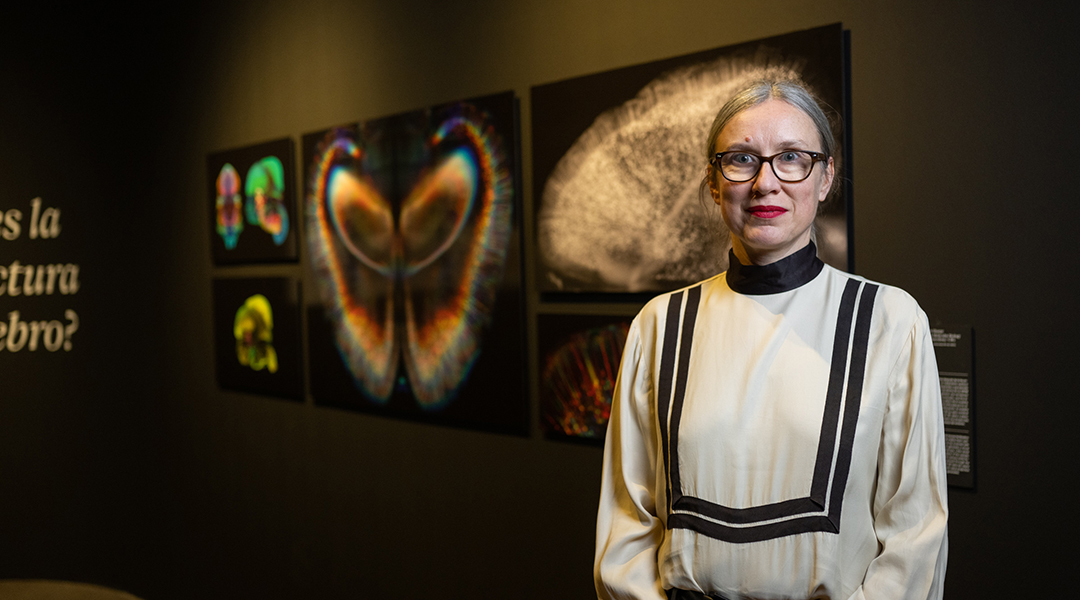
The exhibition Brain(s) uses artistic installations to explore unanswered questions and the relationship between science and culture.
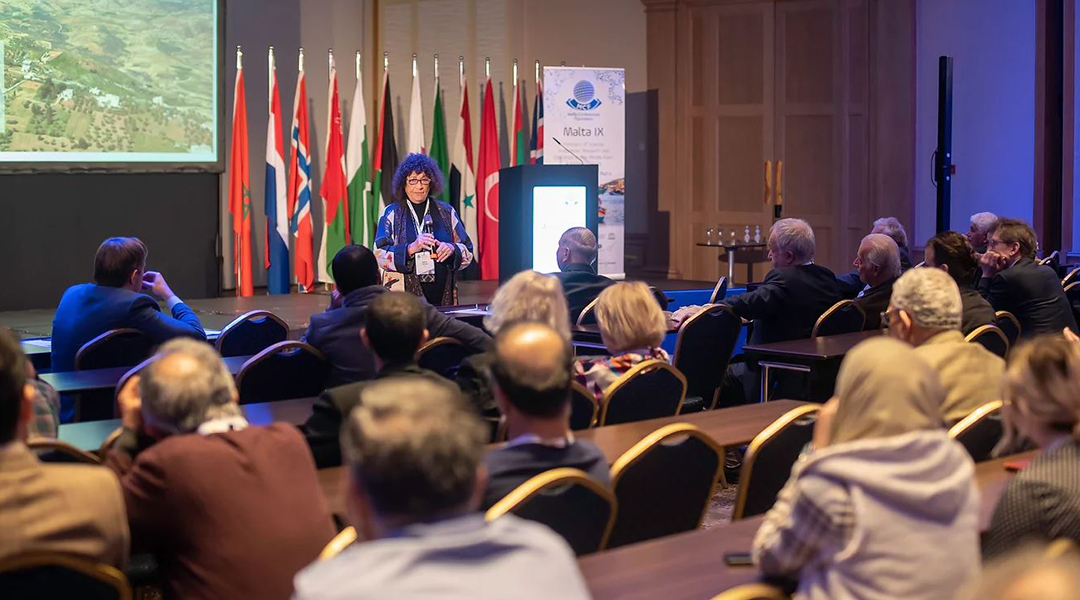
The Malta Conferences offer a unique setting to break down barriers, overcome instilled cultural differences, and support scientists restricted in their freedom.
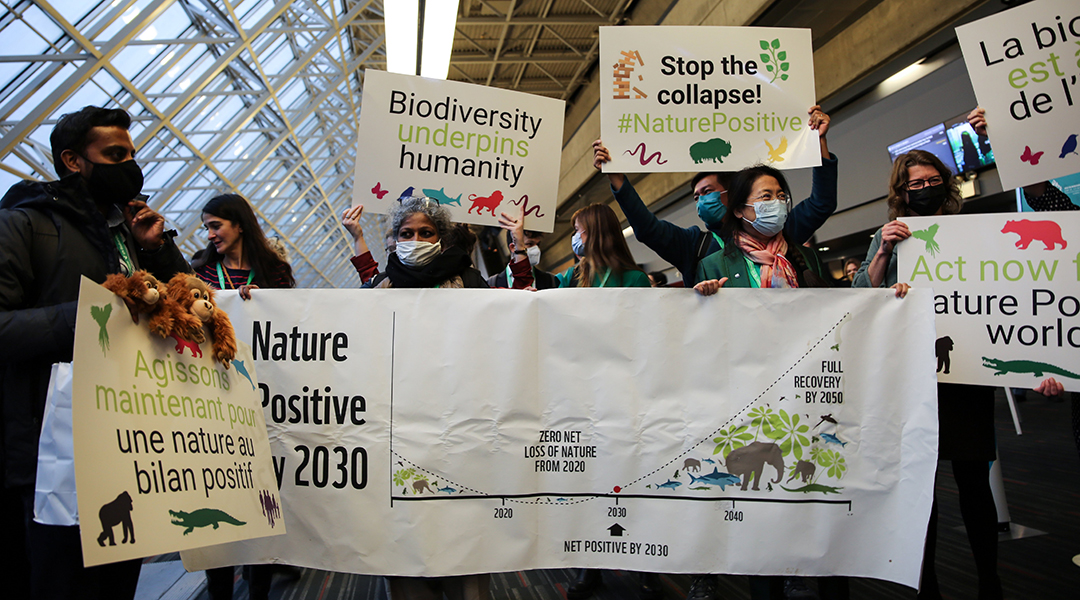
Scientists argue that guaranteeing unimpeded access for researchers to all COP15 member countries’ territories should be added to the Convention on Biological Diversity.
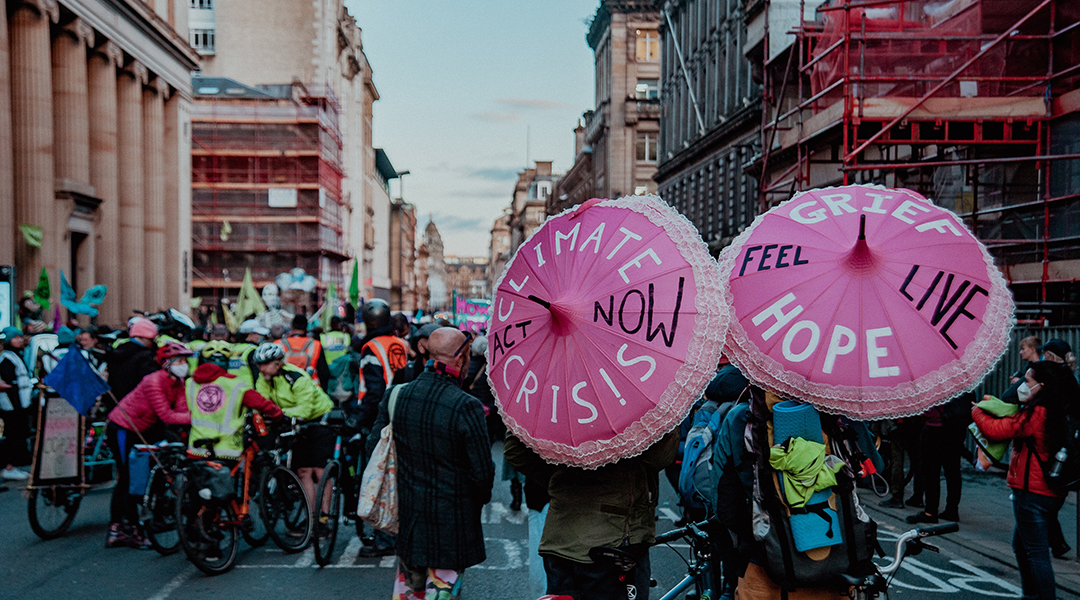
A lot is riding on COP27, and while many are feeling the pull of cynicism, there are still many reasons to remain optimistic.
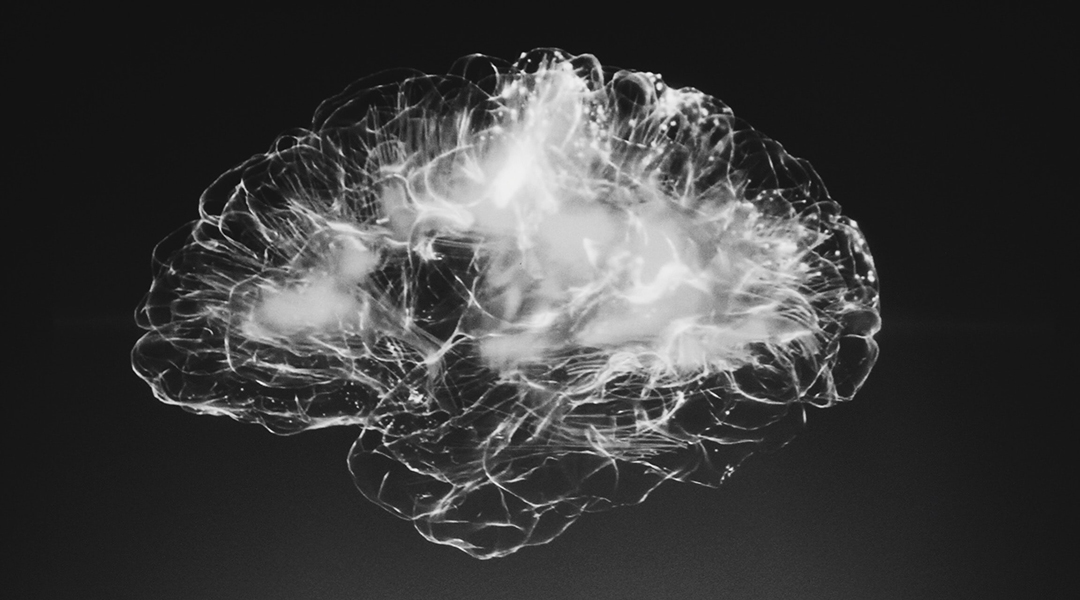
Implantable and completely dissolvable electrical devices may end the dominance of opioids in managing pain.
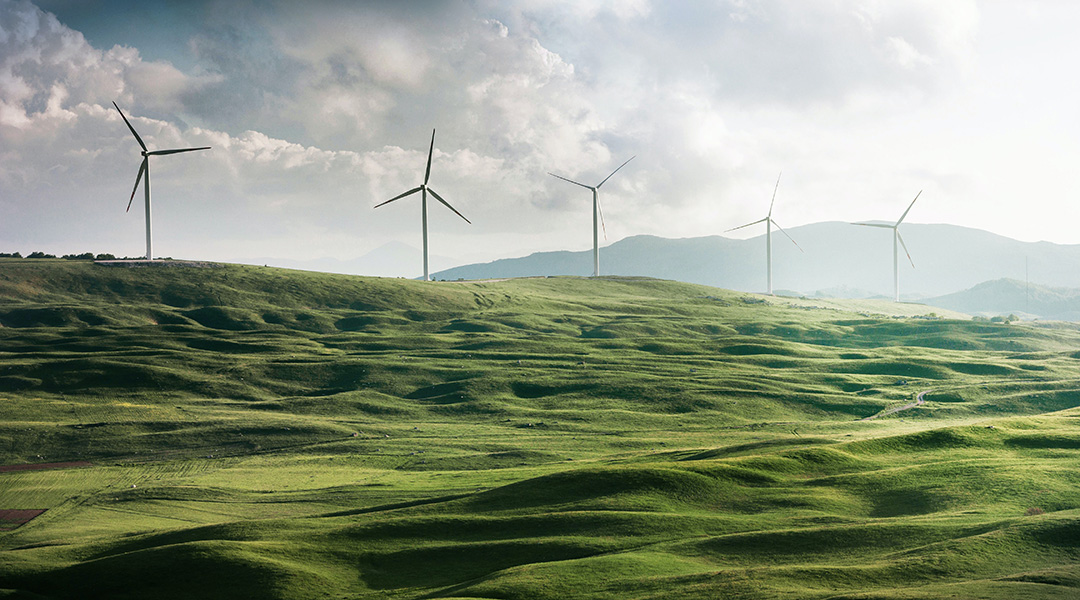
Hydrogen fuel alternatives are expected to help combat climate change, but what are the impacts of hydrogen emissions?
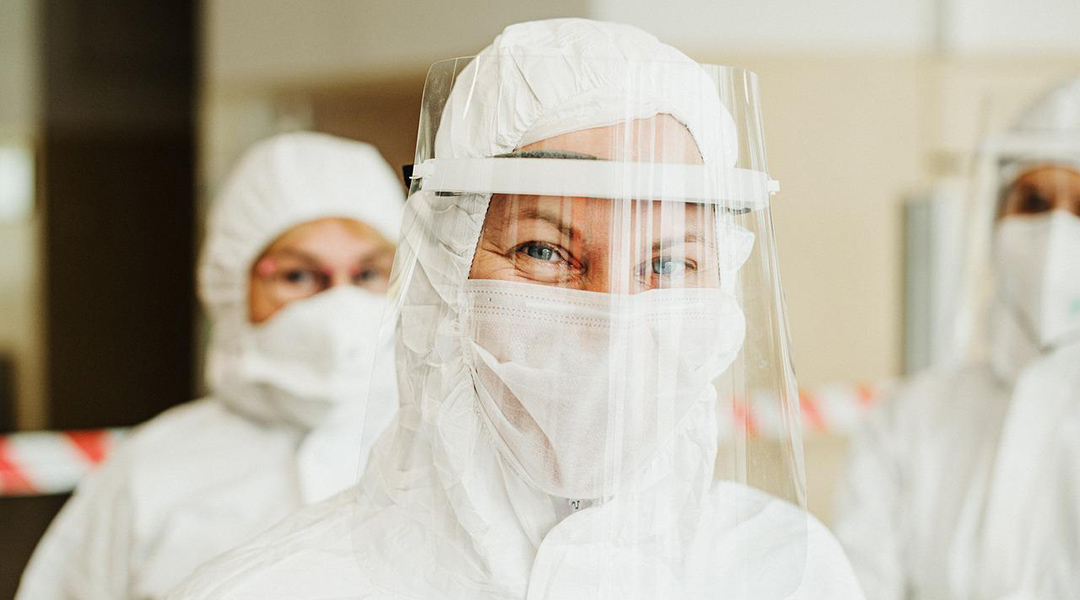
We need not be so concerned, say experts, as humans use more than just facial cues to read emotion.